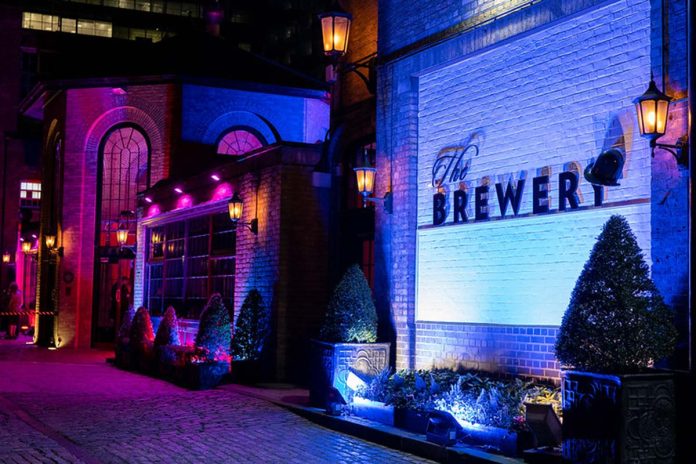The summit will cover environmental, economic, social and ethical impacts in the world of hospitality, concretely addressing topics regarding cruise ships, hotels and airplane interiors.
The Sustainable Design Summit, on 29 November in London, welcomes leading players in the industry, starting with interior designers, the last link of a chain that has already taken the path of sustainability, but still requires further implementation without losing its way. Because the demand now arrives from the market, as well as the planet, now that expectations regarding environmental wellbeing are higher than ever before.
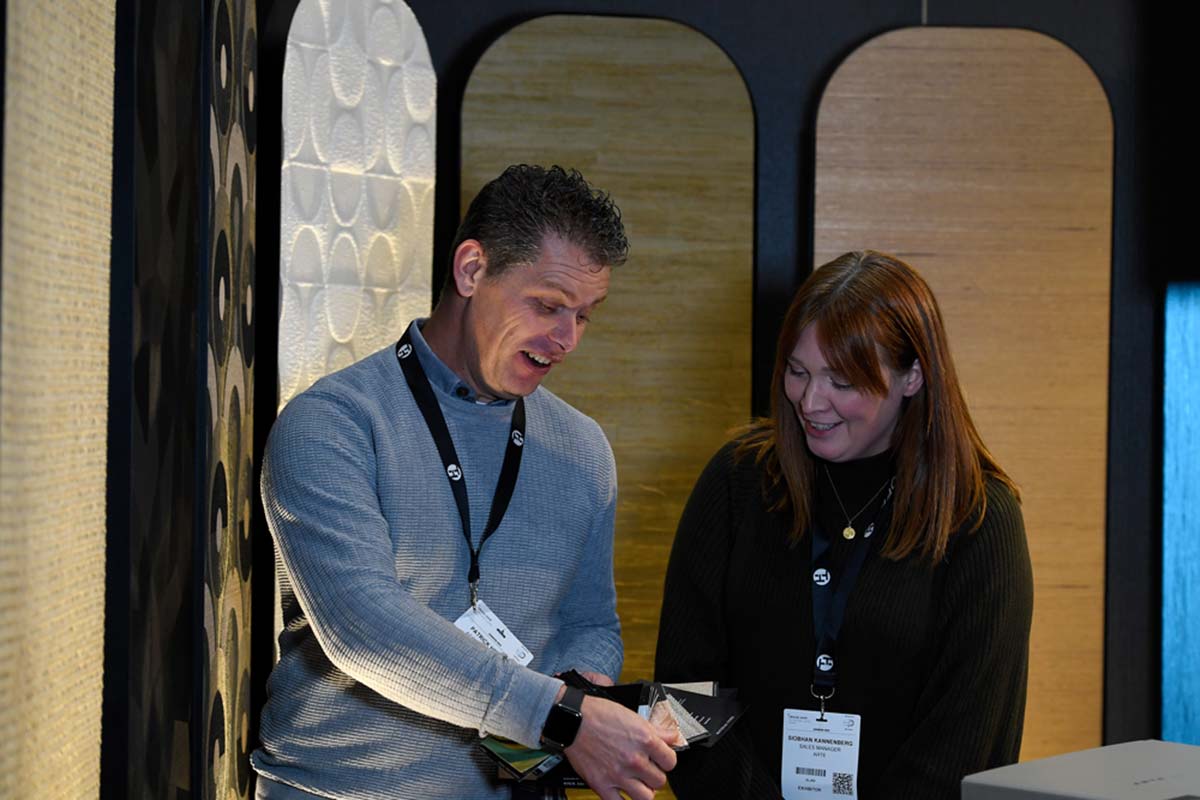
A coherent approach thus becomes the natural leitmotif of the forum, starting with the unique site chosen for the encounters: The Brewery, in the center of the city, a former beer production facility that illustrates virtuous measures in every step of its production cycle. Participants are also urged to reach the destination on public transport or by bicycle.
Across a single day, round tables and discussions will be held involving design managers, directors of creativity, innovation and development, commercial players, and directors of departments with a focus on sustainability (an expanding feature among companies).
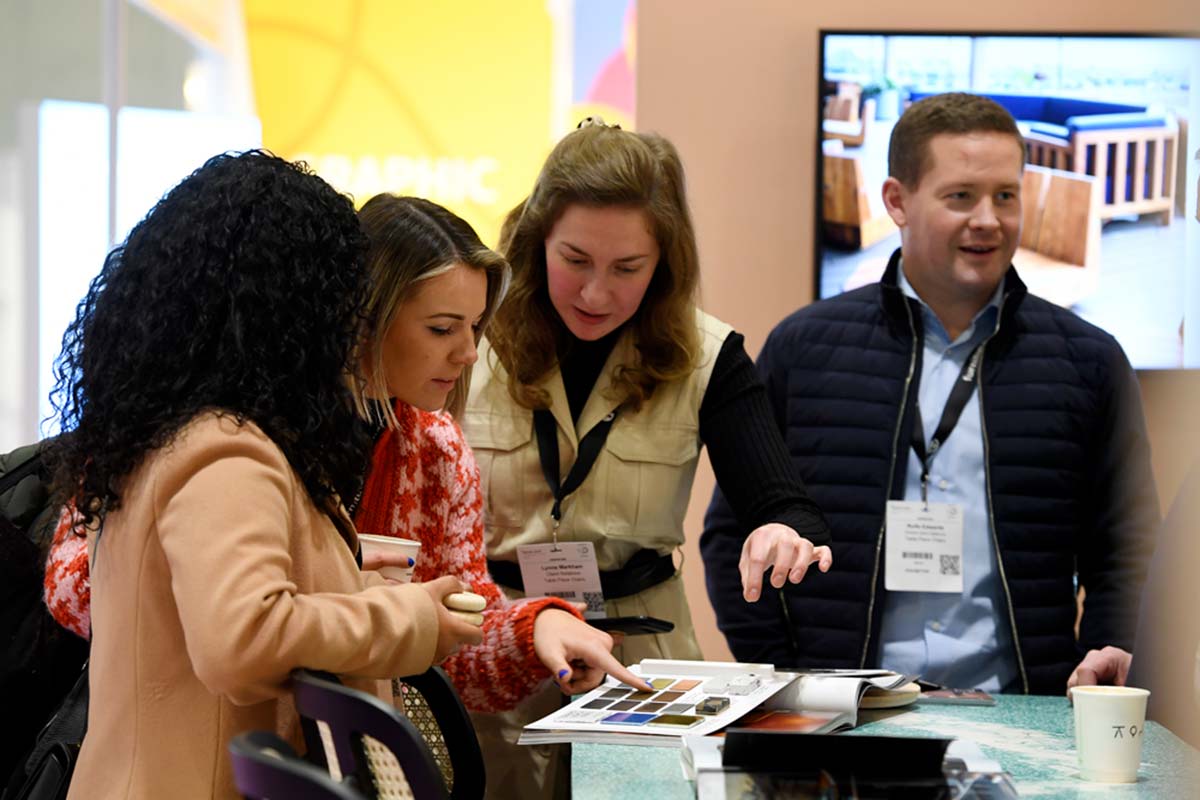
The field also extends to international industrial companies with a strong pioneering spirit and a focus on environmental sustainability achieved through aesthetic and technological research, in addition to efficient processes of production and energy savings. The products on view illustrate the fact that circular design exists and can become a powerful reality.
Some have taken the route of bio-derivatives, such as Continental, which uses coffee grounds to produce breathable fabric coverings – the new skai® VyP Coffee with laif® technology – with an authentic appearance and soft to the touch.
Morbern, on the other hand, combines PVC resins from agricultural and forestry biomass with bio-based plasticizers derived from soya bean oil, all with 100% recycled polyester backing made from used plastic water bottles. The result is a ‘vegan leather’ (Evohide™ Mistral) suitable for all indoor and outdoor upholstery applications.
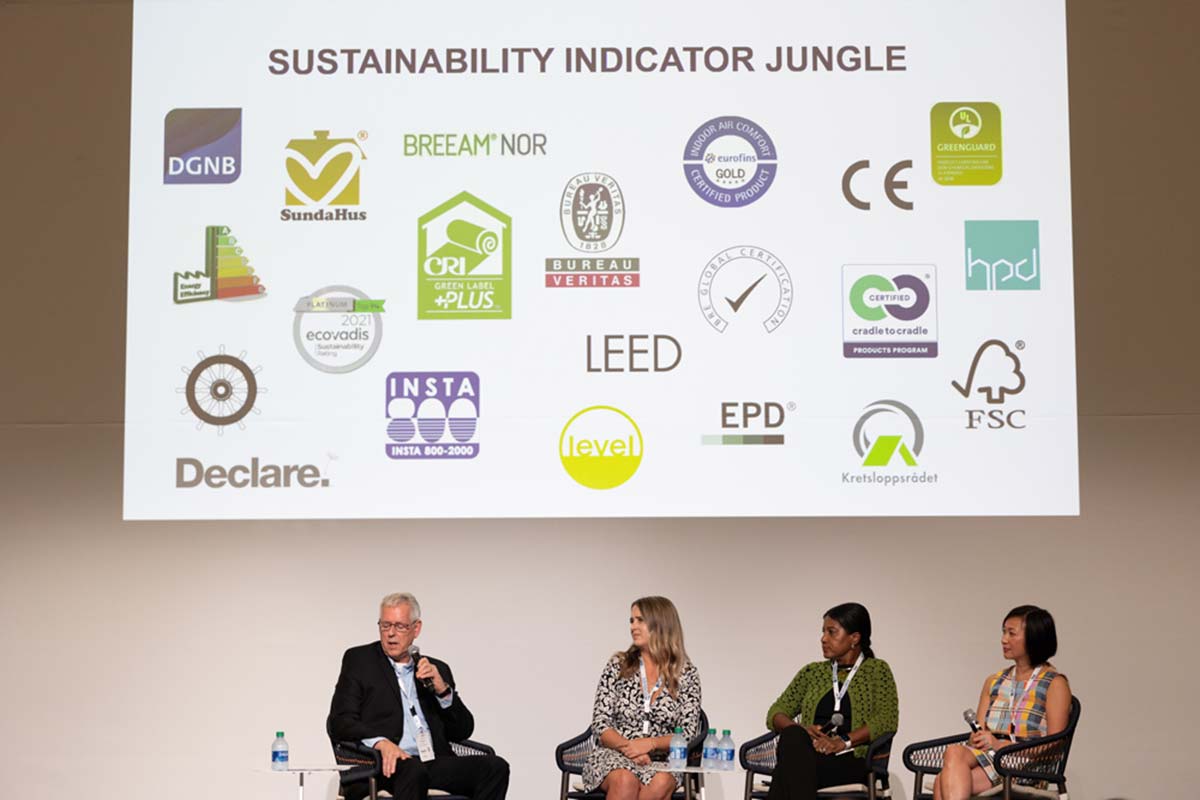
Other examples include: the high-performance biobased fabric Volar Bio by Ultrafabrics, a winner of the Good Design Awards 2021; Ege Carpets, a creator of pure carpeting (Ege Colortec Wool) in 100% wool, replacing the industrial standard that calls for 20% nylon, developed for hotels and cruise ships; and AxPro Concept, which for the Axminster carpet uses 100% non-dyed wool, with natural fibers for low emissions that do not require fertilizers and pesticides, obtaining a 100% biodegradable product.
Recycling and reuse are also increasingly common approaches. Kvadrat revitalizes fabrics at the end of their life cycle, transforming them into engineered materials of high quality suitable for large-scale projects (Solid Textile Board and Acoustic Textile Felt), used by designers and architects to create furnishings and interiors.
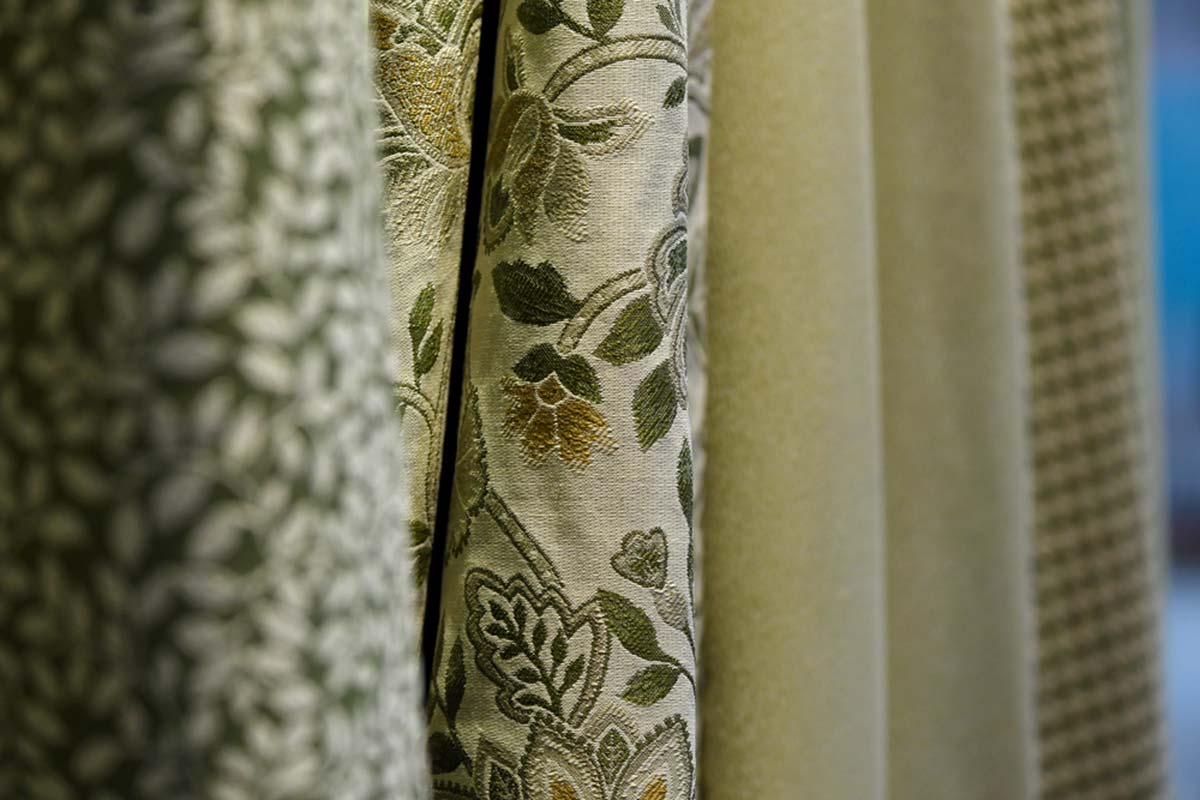
Cristallux produces its own alternative zero-refuse material (Alamar), using scraps and cuttings that are reintegrated into the next production cycle: this is a 100% recyclable thermoplastic resin that reproduces the finishes of marble, alabaster and glass, and requires expenditure of 5 times less energy. High-performance technical surfaces are also on the rise.
Iris Ceramica Group offers eco-active ceramic surfaces, the Active Surfaces® with antibacterial, antiviral, anti-pollution, anti-odor and self-cleaning properties, tested in compliance with ISO standards and covered by two European patents. The company has just announced the H2Factory™ project, the first ceramics factory in the world to run on green hydrogen, which begins its operation by the end of 2022.
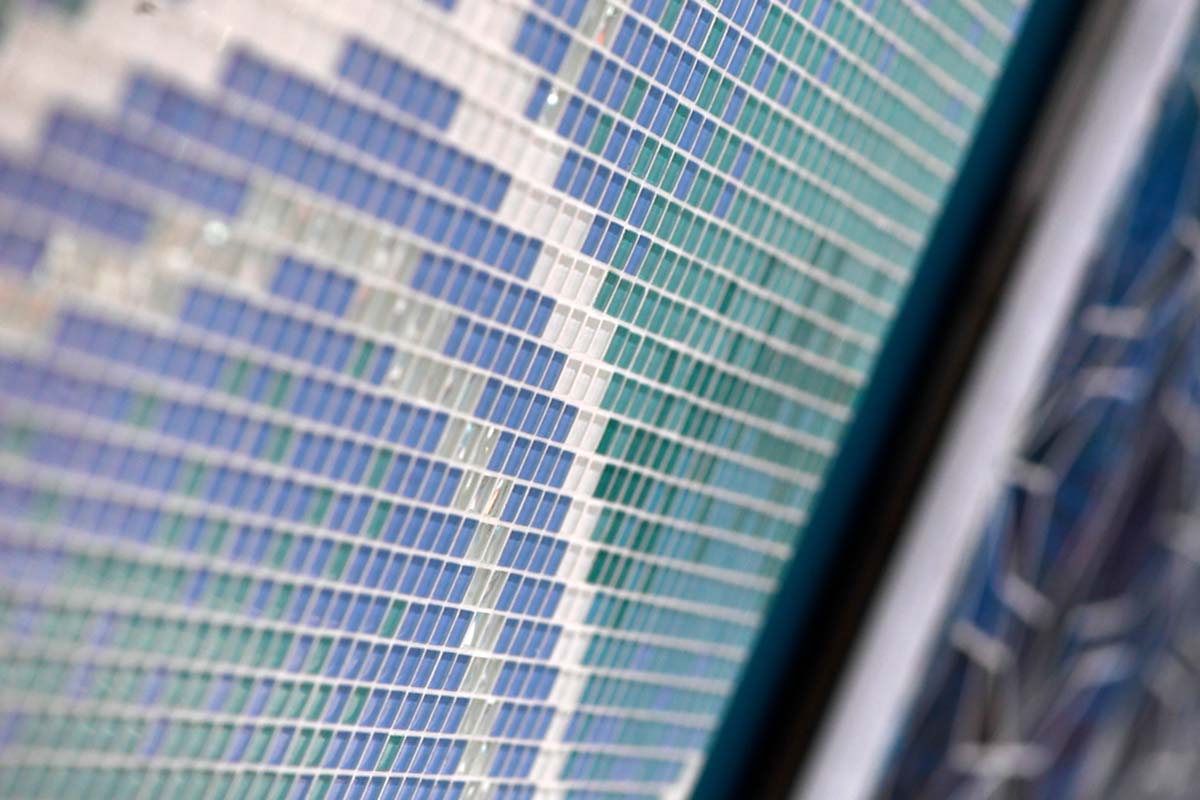
Vyv provides (non-chemical) solutions of anti-microbial lighting for the cleaning of hard to reach zones, and the recent collaboration with MJM Marine demonstrates their perfect application on cruise ships. Bette, on the other hand, makes bathtubs, shower trays and washstands with natural materials, free of plastic and completely recyclable, verified by the Environmental Product Declaration (EPD) as per ISO 14025 and LEED (Leadership in Energy and Environmental Design).
This wide range of creative solutions will be explored at the Sustainable Design Summit, which is open to all who wish to take part. For more info see sustainabledesignsummit.com

